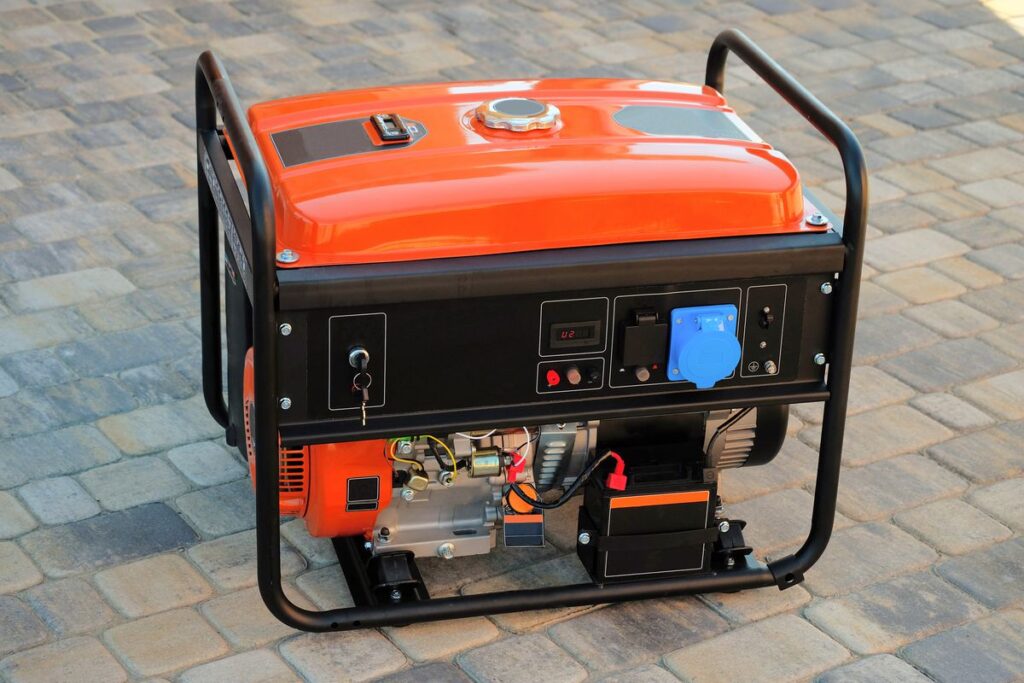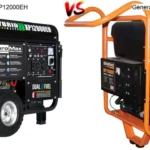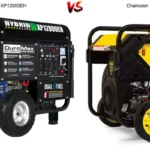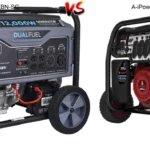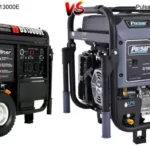Generators are a great way to provide power during a power outage, or any other time you need a temporary source of electricity. In this article, we will discuss the basics of generators, including their types and how they work. We will also provide reviews, guides, and how-tos on purchasing and using the right generator for your needs.
Reasons to Buy a Generator
Generators for Home Use
A generator can provide an important source of backup power for your home in the event of a power outage. A generator can also be used to power essential appliances, such as refrigerators and freezers, during a prolonged outage. In addition, a generator can provide a convenient source of power for outdoor activities such as camping or tailgating.
Generators for Business Use
Generators can also be a valuable asset for a business. In the event of a power outage, a generator can help to keep operations running and allow businesses to continue to serve their customers. Generators can also provide a convenient source of power for events and special occasions.
Generators for Recreational Use
Generators can also be a great asset for recreational use. A generator can provide a reliable source of power for camping trips and outdoor activities, as well as tailgating events and parties. Generators can also be used to power essential items like lights, laptops, and TVs, for a camping trip or outdoor activity.
3 Features
How to Choose a Generator
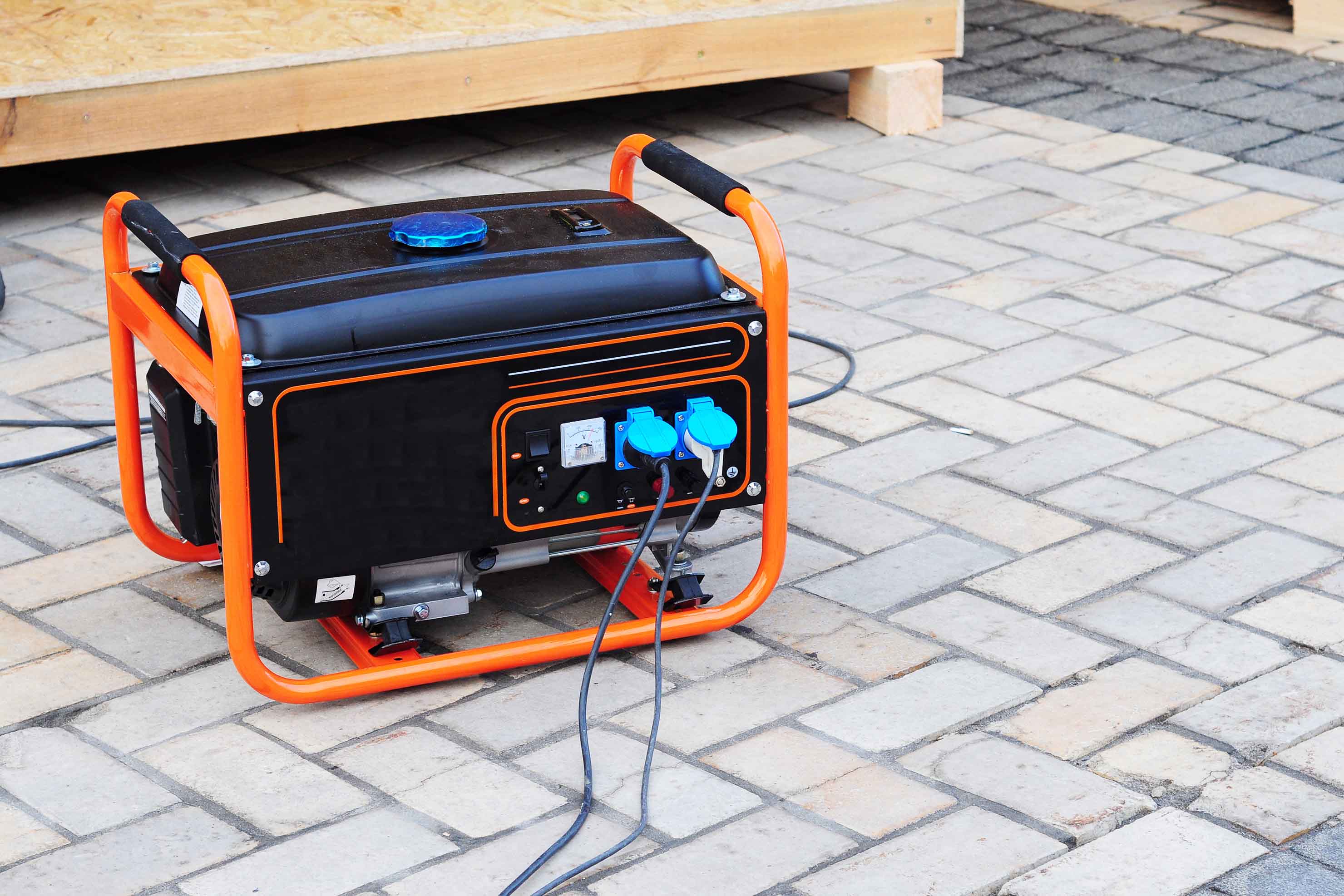
Size
When choosing a generator, size is an important consideration. The size of the generator will determine how much power it can provide and how portable it is. Portable generators are ideal for camping and other outdoor activities, while larger, stationary generators are better suited for home or business use.
Power Output
The power output of a generator is also an important factor to consider. Generators come in different sizes and power outputs, so it is important to determine what type of power you need and how much of it. For example, if you are powering a small appliance, you will need a generator with a lower power output, while larger appliances will require a higher power output.
Features
Finally, it is important to consider the features of the generator. Some generators come with additional features, such as automatic shut-off, overload protection, and multiple outlets. These extra features can make the generator more convenient and safer to use. It is important to research the features of each generator to make sure it has all the features you need.
3 Fuel Sources
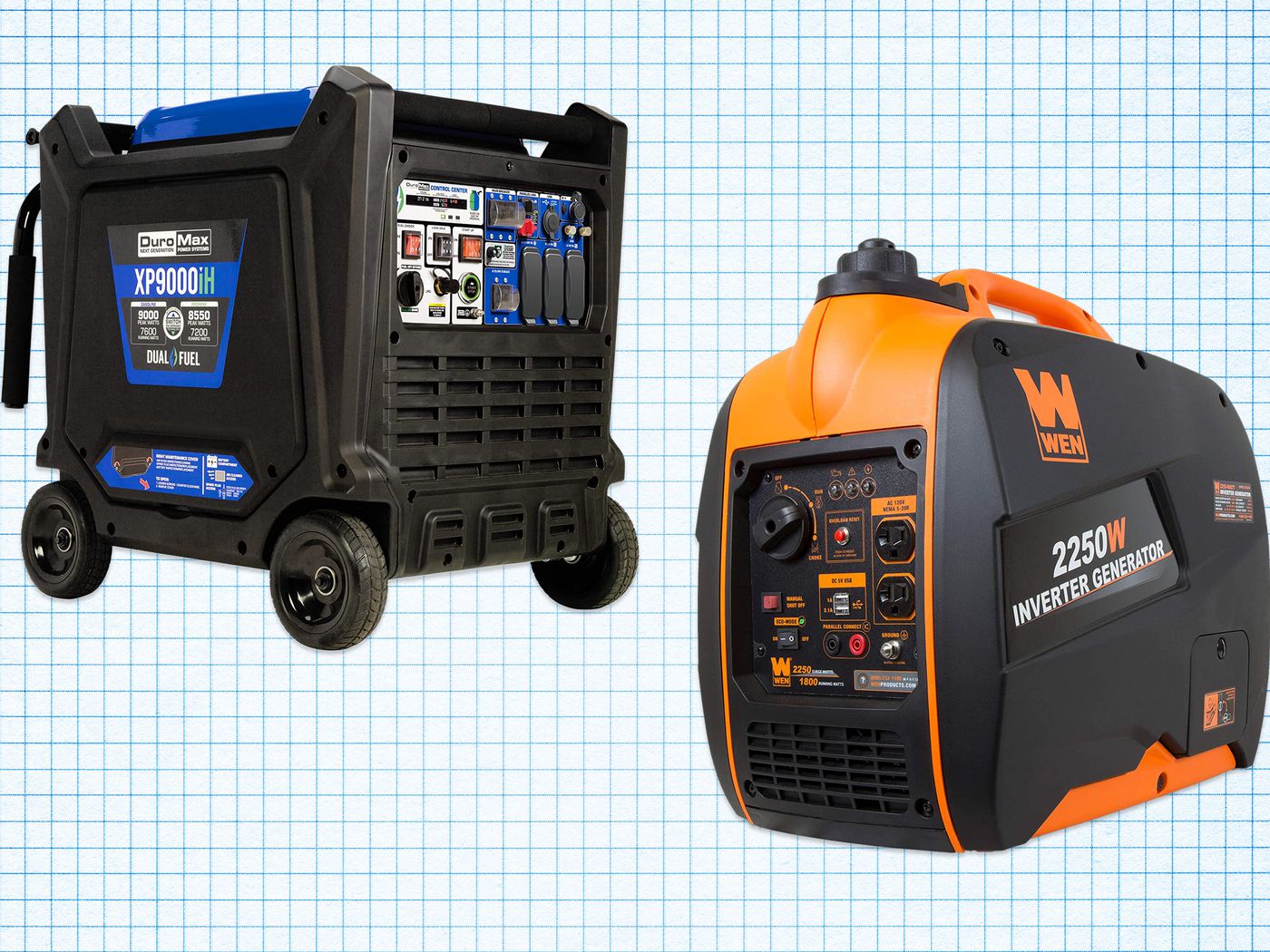
- Gasoline
- Diesel
- Propane
Buying a generator is a wise investment for any homeowner or business that wants to have a reliable source of power during outages. Generators come in a variety of sizes and fuel sources, allowing you to choose one that best suits your needs. One important factor to consider when selecting a generator is the fuel source. Here are three of the most popular fuel sources for generators:
- Gasoline: Gasoline is a common fuel source for generators. It is the most widely available and is relatively inexpensive. Gasoline generators are typically the most affordable and are ideal for homeowners who need a reliable backup source of power.
- Diesel: Diesel generators are more powerful than their gasoline counterparts and are ideal for businesses that need a reliable source of power for operations. Diesel generators are more expensive than gasoline generators, but they are more efficient and last longer.
- Propane: Propane is another popular fuel source for generators. Propane is more efficient than gasoline, and it produces fewer emissions. Propane generators are more expensive than gasoline generators, but they are often more reliable and require less maintenance.
Each of these fuel sources have their own advantages and drawbacks, so it is important to consider your needs when selecting a generator. Evaluate the cost, efficiency, and reliability of each fuel source to determine which one is best for your needs.
4 Noise Levels
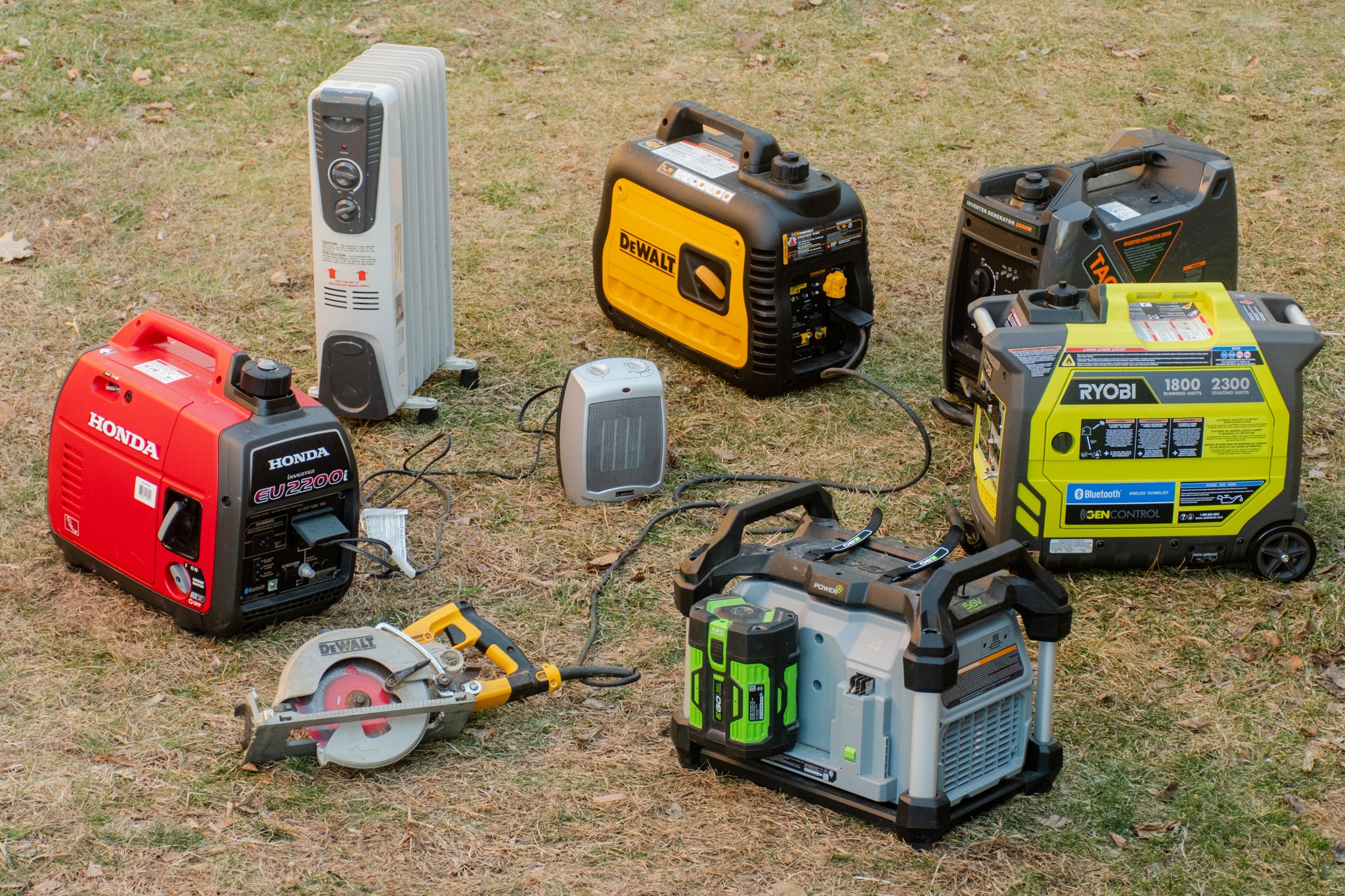
Generators are an incredibly useful tool for providing power when you need it, but the wrong generator can be noisy and disruptive. That’s why it’s important to consider noise levels when buying a generator. Here’s a breakdown of the four main noise levels and which generators are best suited to each level:
| Noise Level | Decibel Range | Best Suited Generator |
|---|---|---|
| Ultra Quiet | 58 – 65 dB | Inverter Generators |
| Quiet | 65 – 75 dB | Portable Generators |
| Standard | 75 – 85 dB | Standby Generators |
| Loud | 85+ dB | Industrial Generators |
If you need power, but don’t want to disrupt the peace and quiet of your home or workplace, then an ultra quiet or quiet generator is the way to go. Inverter generators are the quietest on the market, and are perfect for use in residential or commercial areas. Portable generators are also ideal for residential or commercial use, and are slightly louder than inverter generators.
For larger, more powerful needs, a standard or loud generator may be necessary. Standby generators are the most popular option for larger power needs, as they are able to provide reliable, long-term power. Industrial generators are the loudest option and are best suited for large-scale operations.
No matter what your power needs are, there is a generator that is right for you. Just make sure to consider the noise level and get the right generator for the job.
5 Portability
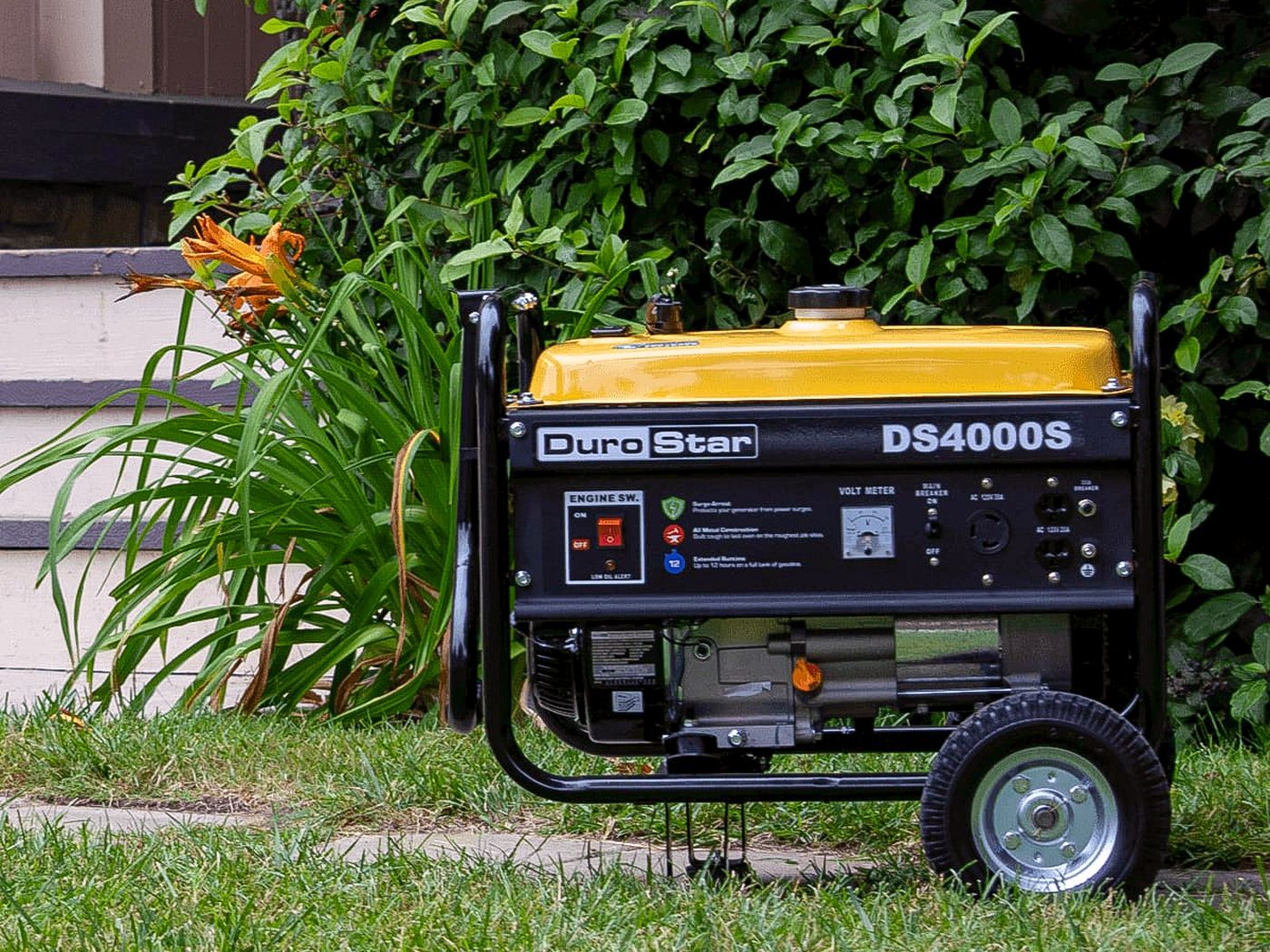
Generators provide a great deal of convenience and portability when it comes to power. Generators come in a variety of sizes and power outputs, making them ideal for a variety of applications. Portable generators are lightweight, easily transportable, and can be used almost anywhere, making them a great option for camping trips, RV trips, tailgates, and more. They can be used to power small appliances, lights, and power tools. They are also great for providing backup power for homes and businesses in the event of a power outage. Portable generators can be taken along wherever you go, so you’ll never be left without power.
Generator Maintenance

Buying a generator is an investment, and one of the most important aspects of owning a generator is performing regular maintenance. Proper maintenance will help your generator last longer and run more efficiently.
- Check oil levels regularly.
- Check the air filter and replace it if dirty.
- Change spark plugs every 50-100 hours.
- Grease the generator’s moving parts regularly.
- Check the fuel tank for any signs of rust or corrosion.
- Check the battery and terminals for any signs of corrosion.
- Clean the inside and outside of the generator regularly.
- Check the fuel lines for any signs of leakage.
- Check the generator’s coolant levels.
- Check the exhaust system and replace any worn parts.
By following these simple maintenance steps, you can ensure that your generator is running safely and efficiently.
1 Regular Servicing
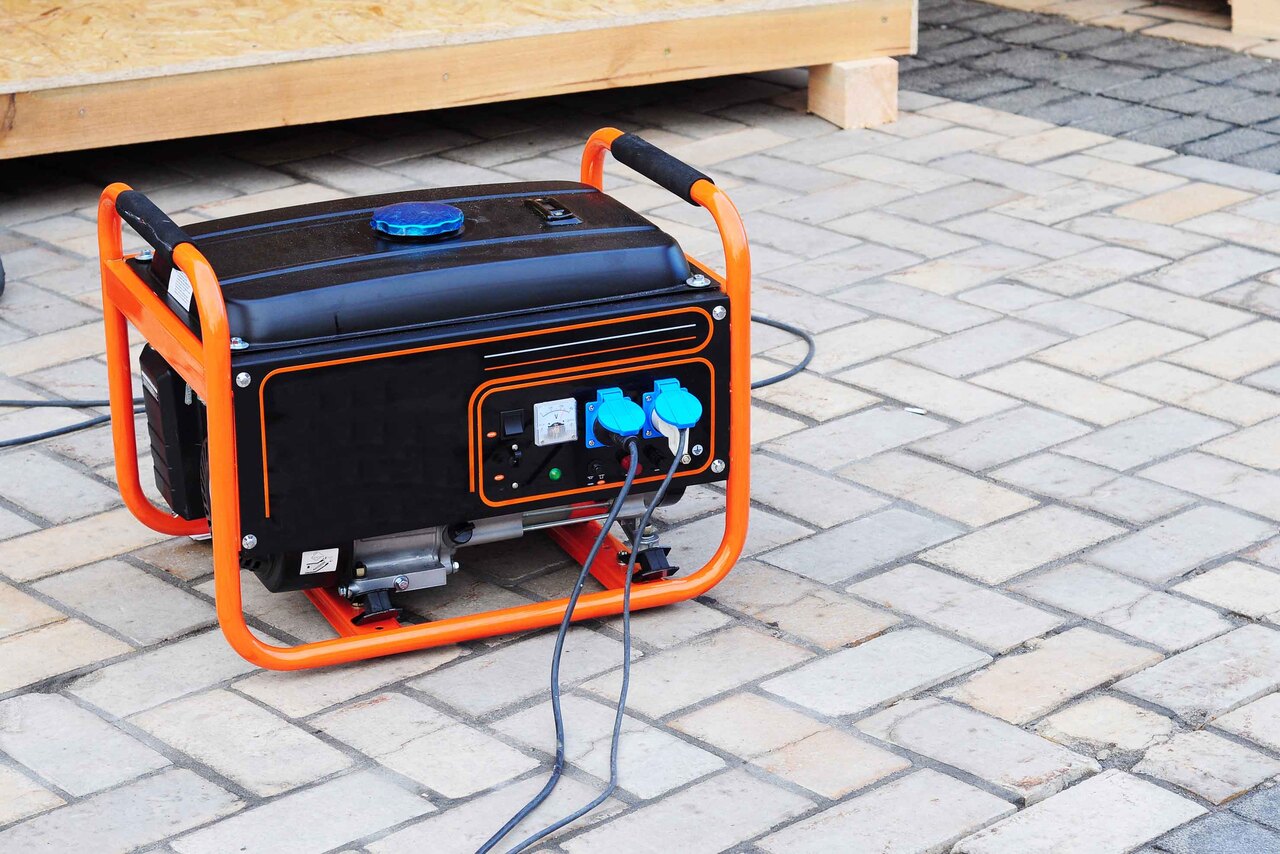
Generators are a reliable source of power, but they do require regular servicing to ensure they continue to function effectively and efficiently. With regular servicing, generators can provide many years of reliable service. Here are some of the advantages of regularly servicing your generator:
- Ensures that all moving parts are properly lubricated and working correctly
- Helps maintain the generator’s efficiency, which can reduce energy costs
- Helps reduce the risk of breakdowns and costly repairs
- Ensures that the generator is operating safely and meets all safety regulations
- Extends the life of the generator and helps avoid premature replacement
Regular servicing of a generator is essential for maintaining performance and reliability. Without regular servicing, a generator can become unreliable and inefficient, leading to increased energy costs and the potential for costly repairs. Regular servicing also reduces the risk of breakdowns and minimizes the potential for safety issues.
2 Storing the Generator
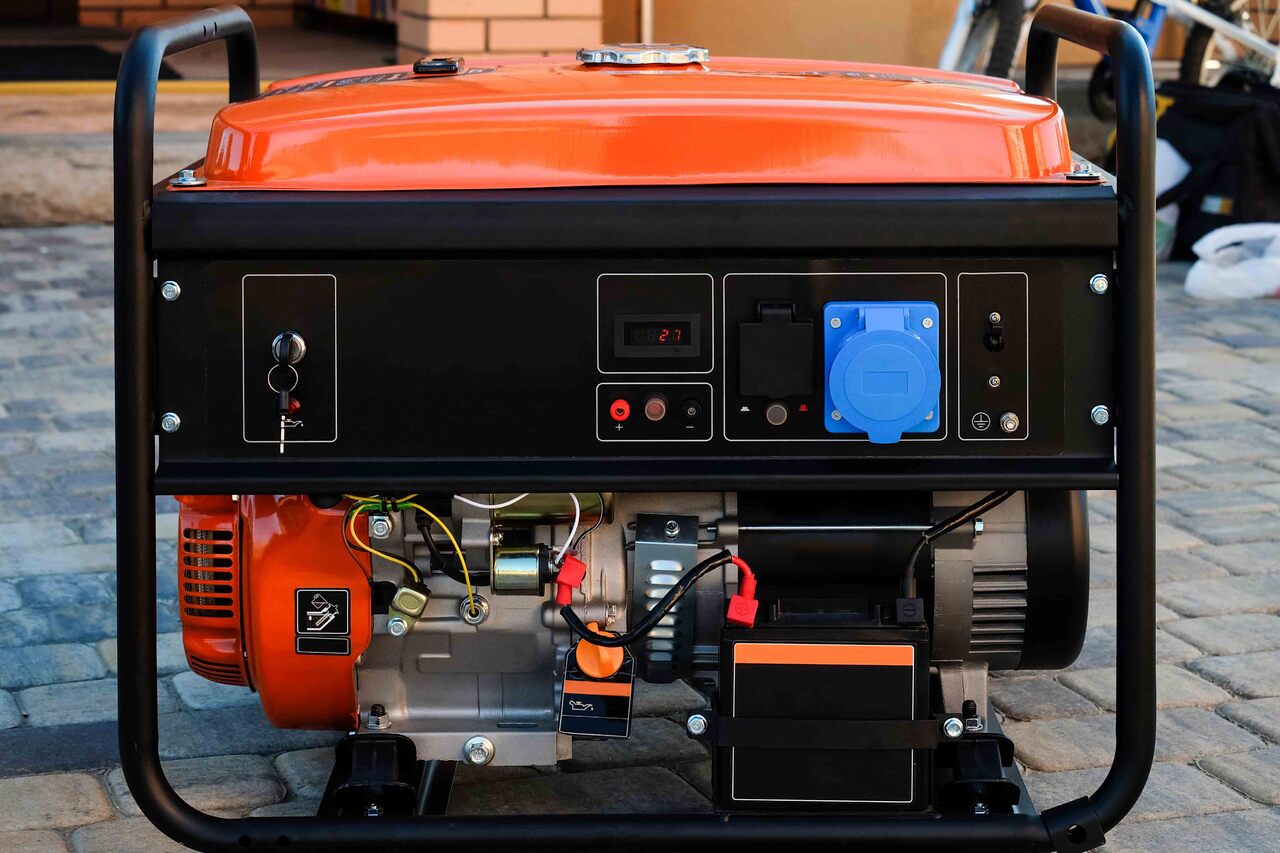
When you purchase a generator, you will need to think about the best way to store it. The best approach is to choose a spot away from the elements like rain and snow. Make sure that the area is well-ventilated and dry. If it is not possible to store the generator indoors, then you may want to cover it with a tarp or other waterproof cover.
You also need to ensure that the generator is not placed too close to a window or a vent. This is to prevent the exhaust fumes from entering the house. Additionally, you will want to keep the generator away from any combustible materials like gas, oil, or paint. Finally, it is important to store the generator in a place where it will not be disturbed or tampered with by children.
When it comes to maintenance, it is important to read the owner’s manual and follow the manufacturer’s instructions. Before you store the generator, make sure to turn it off and disconnect it from the power source. Additionally, you should make sure to empty the fuel tank and change the oil. Doing these steps will help to ensure the generator will be in the best condition when you need it.
Generator Safety
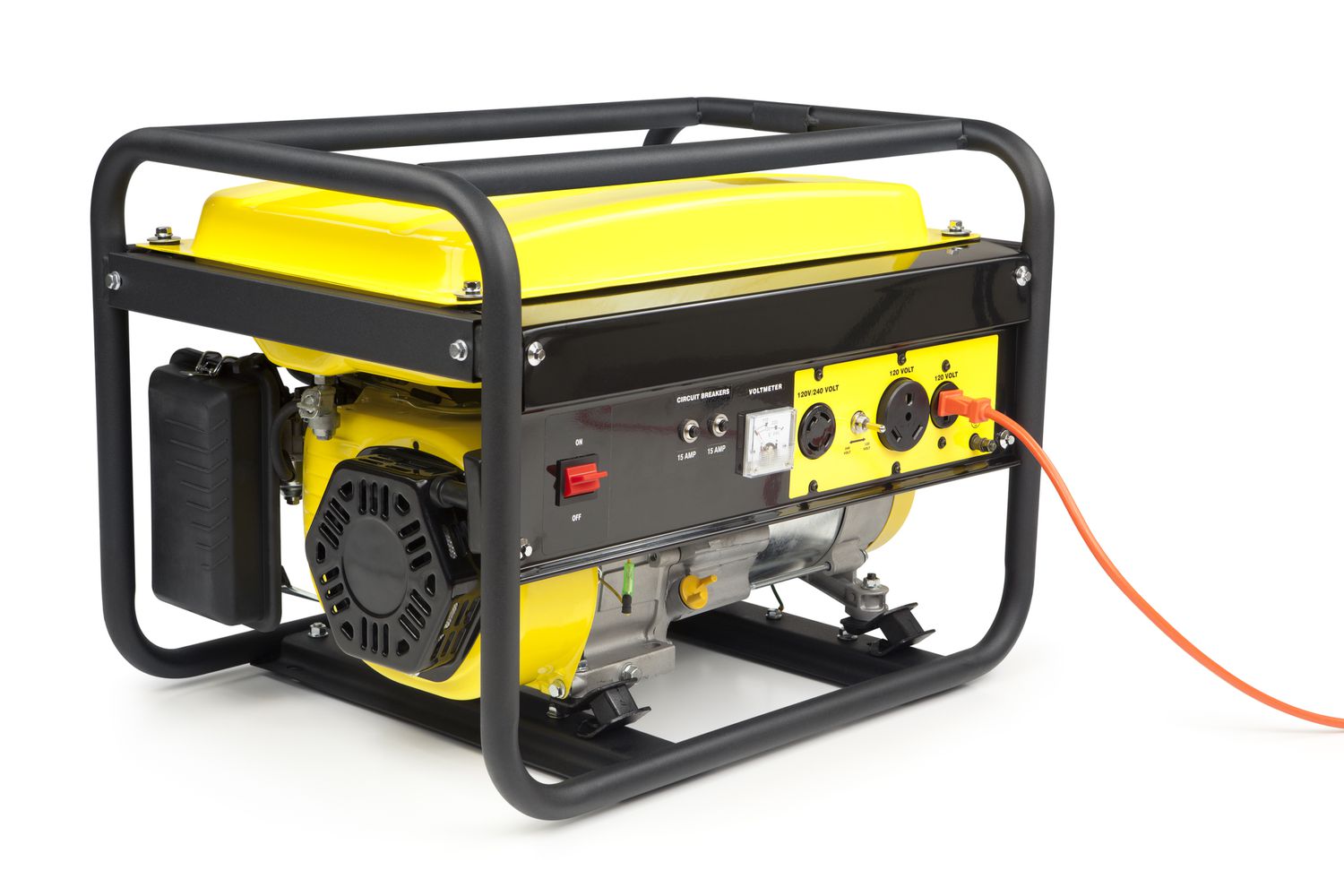
When buying a generator, safety should be a top priority. Generators are powerful pieces of machinery and can pose a risk of injury and property damage if not handled properly. Here are some tips to keep in mind when it comes to generator safety:
- Read and follow the manufacturer’s instructions carefully.
- Be sure to inspect the generator before each use to ensure it is in good working condition.
- Never run a generator inside the house, as this can lead to carbon monoxide poisoning.
- Keep the generator at least 20 feet away from the house and any other buildings.
- Keep the generator dry and away from any flammable or explosive materials.
- Never refuel the generator while it is running or hot.
- Install a transfer switch, which will help protect your home and appliances from power surges.
- Make sure the generator is connected to the electrical system properly, or it could cause a fire.
By following these safety tips, you can ensure that your generator is used safely and properly.
1 Safety Precautions
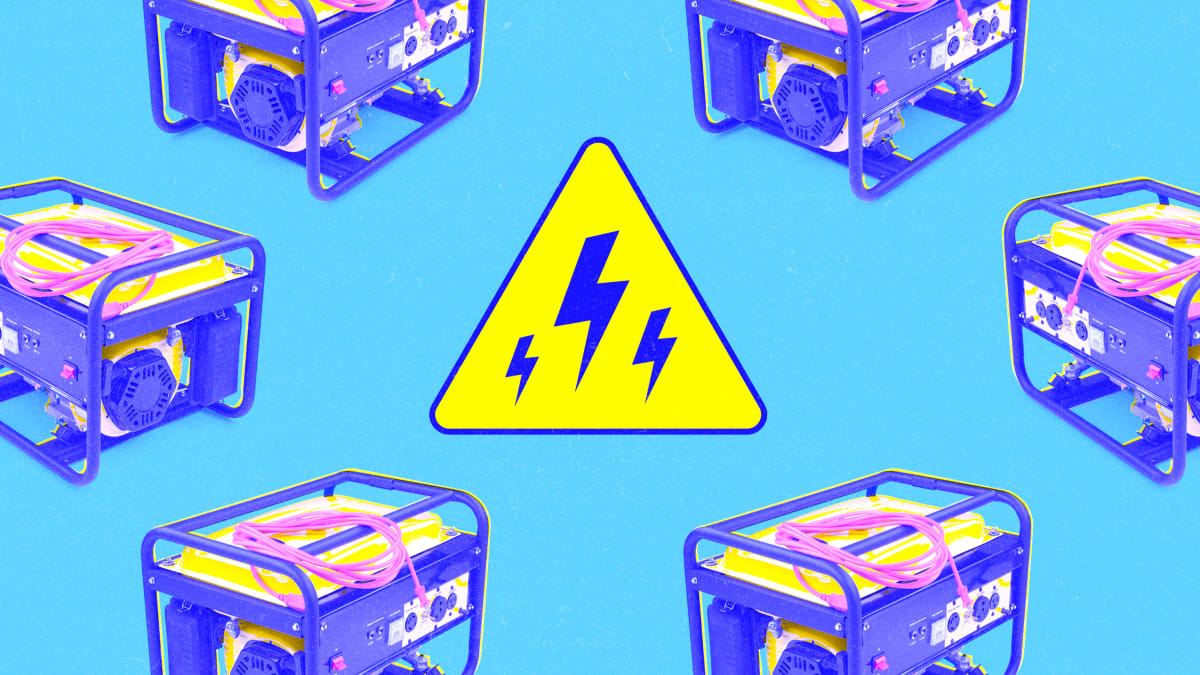
- Ensure the generator is kept in a well-ventilated area away from any combustible materials.
- Never refuel a generator while it is running or while it is hot.
- Make sure to use the correct fuel for your generator, such as unleaded gasoline, diesel, or propane.
- Make sure to read the owner’s manual for safety instructions and maintenance intervals.
- Inspect the generator for any damage or signs of wear and tear before starting up.
- Always follow the manufacturer’s instructions for connecting the generator to your home’s electrical system.
- Unplug your generator from the power source when not in use.
- Keep children and pets away from the generator when it is in use.
2 Safety Tips
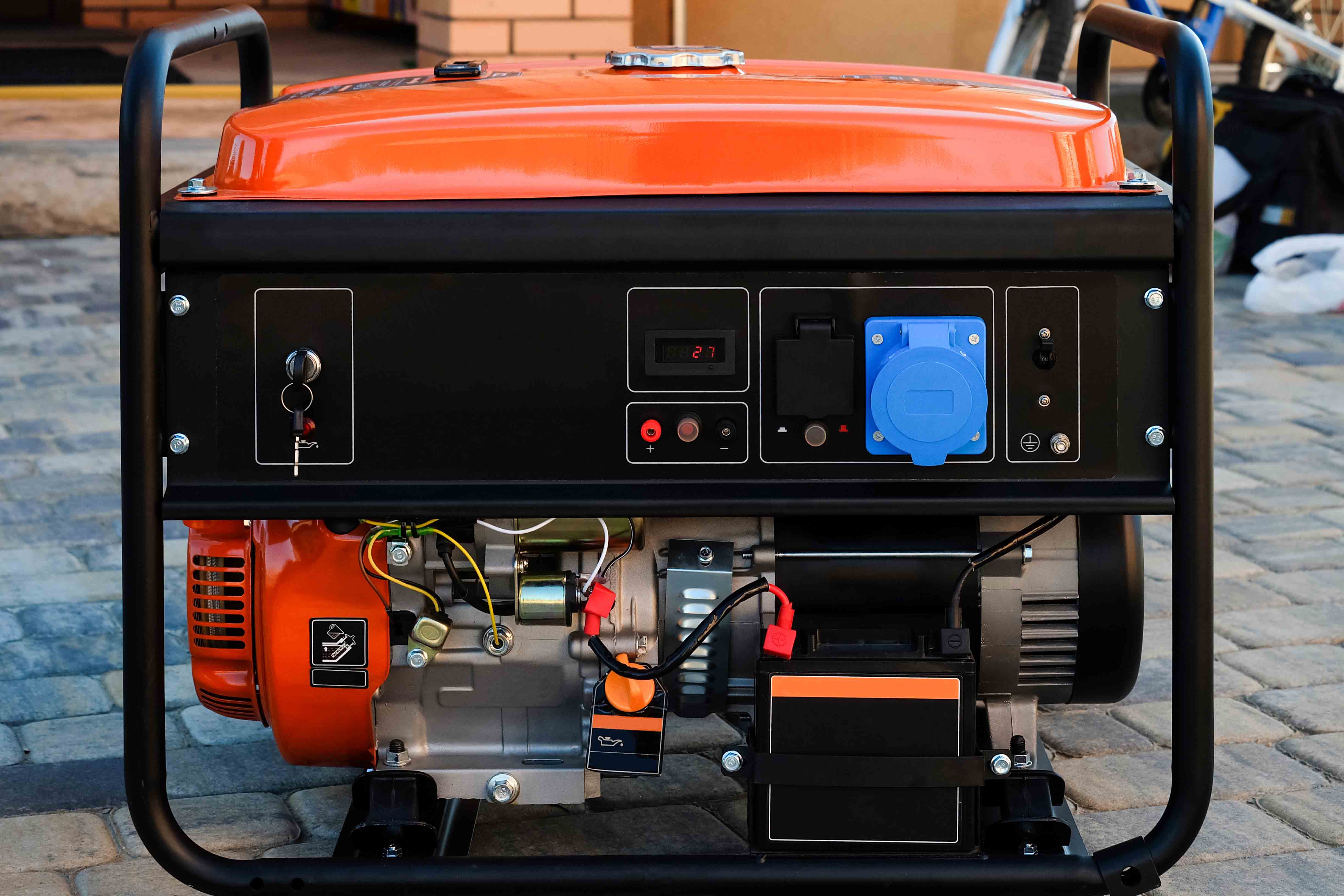
Owning a generator can provide you with many benefits, but it is important to remember that it also comes with certain safety risks. Here are two safety tips to keep in mind when you purchase and operate a generator:
1. Make sure you install your generator in a safe location. It is important to keep your generator away from windows, doors, and vents that could let carbon monoxide into your home. Additionally, you should keep your generator away from any flammable materials.
2. Never connect a generator directly to your home’s wiring. If you do, you could cause a power surge that could damage your appliances and other electronics. Instead, you should use a heavy-duty, outdoor-rated extension cord to plug your generator into a wall outlet. Additionally, you should never plug a generator into a wall outlet inside your home.
Generator Reviews and Guides
Generators are a great way to stay powered up no matter where you are. Whether you’re camping, tailgating, or working on a construction site, a generator can provide the necessary power you need. That’s why it’s important to do your research and read up on generator reviews and guides before making a purchase.
When looking for a generator, read reviews to learn what other people think of the product. It’s important to consider the size of the generator and its power output. You should also look for reviews that include information about noise levels, fuel efficiency, and portability. This will help you decide which generator is right for your needs.
In addition to reading reviews, you should also look for helpful guides. These can provide insight into the different types of generators, their features, and how to properly use them. This can be especially helpful for first-time buyers who might not know what to look for.
It’s also important to compare prices when shopping for a generator. Make sure to compare prices from different stores and manufacturers to find the best deal. Don’t forget to factor in shipping costs and any other fees that may apply.
Finally, make sure to check for warranties and customer support. Warranties can provide peace of mind that you won’t be left stranded if something goes wrong. And customer support can help you out if you have any questions or issues with your generator.
By taking the time to read reviews and guides, you can find the perfect generator for your needs. Be sure to do your research before making a purchase to ensure you get the best value for your money.
Frequently Asked Questions
1. What are the advantages of having a portable generator?
Portable generators offer a range of advantages, making them an ideal choice for a variety of situations. Here are some of the key benefits of having a portable generator:
- Convenience: Portable generators are designed to be easily transported and moved from one location to another, so you can take them with you on camping trips, tailgating adventures, or to provide power during a power outage.
- Adaptability: Portable generators can be used to power a variety of devices and appliances, giving you the flexibility to power whatever you need.
- Affordability: Portable generators are typically more affordable than larger, stationary models, making them a great choice for those on a budget.
- Safety: Portable generators are designed to be safe to use, with features such as low-oil shutoffs that help to prevent engine damage.
2. What factors should I consider when buying a generator?
When it comes to buying a generator, there are several factors to consider. Knowing what you need and what features the generator offers can help you make the right choice.
- Power output: The power output of the generator is the most important factor. You need to make sure the generator has enough power to cover your needs. Consider what you will be using it for and make sure you buy one that can meet those needs.
- Noise level: The noise level of the generator is also important. Generators can be loud, especially when running at full capacity. Consider where you will be using the generator and what type of noise levels you are comfortable with.
- Fuel type: Different generators use different types of fuel. Some generators use gasoline, propane, or diesel. Consider what type of fuel is most readily available and affordable.
- Size: The size of the generator is important depending on where you will be using it. If you will be using the generator for small tasks like camping, you may want to consider a smaller, more portable generator. If you need a generator for larger tasks, you may need a larger and more powerful generator.
- Price: Price is also an important factor to consider when buying a generator. Generators come in a wide range of prices, and you want to make sure you get one that fits your budget.
These are just a few of the factors to consider when buying a generator. Knowing what you need and what features the generator offers can help you make the right choice.
3. How do I know which generator is right for my home?
When considering purchasing a generator for your home, it is important to consider which type of generator will best meet your power needs. While every home’s needs are different, there are some general guidelines you should follow to ensure you get the right generator for your needs.
- Determine your power needs: Before selecting a generator, you will need to decide how much power you need and what types of appliances or electronics you plan to use with it. Consider the wattage of the appliances you plan to run, as this will help you determine the size of the generator you will need.
- Evaluate different types of generators: After you have determined your power needs, research the different types of generators available. Portable generators are smaller and more affordable, but they may not provide enough power for all of your needs. Standby generators are larger and more expensive, but they provide a more reliable and consistent source of power.
- Compare features and costs: Once you have chosen a type of generator, compare the features and costs of the various models available. Consider factors such as fuel type, noise level, and portability. Also, evaluate the cost of installation, as some generators may require professional installation.
- Read customer reviews: Read reviews from previous customers to get an idea of how the generator performs in real-world conditions. Look for customer feedback on the reliability and durability of the generator, as well as any issues they encountered while using it.
By following these steps, you will be able to find the right generator for your home’s power needs. Once you have chosen the right generator, you can enjoy the peace of mind that comes with having a reliable and efficient source of power.
4. What safety considerations should I keep in mind when using a generator?
When using a generator, it is important to always be aware of the potential safety hazards that can arise. There are a few key considerations to keep in mind:
- Be aware of the noise that generators can produce. Make sure to use the generator in a location that is far away from any living areas, to avoid potential noise pollution.
- Ensure that the generator is in an open, well-ventilated area, and never use it indoors. This can create serious health hazards due to the build-up of carbon monoxide.
- Always read and follow the manufacturer’s safety instructions before using the generator.
- Never run the generator for more than 10 hours at a time and make sure to give it a break at least every few hours.
- Be aware of the risk of fire and make sure to keep the generator at least 10 feet away from any flammable materials.
5. What are the differences between different types of generators?
Generators come in many different types with varying features and capabilities. Knowing the different types of generator available and the differences between them is essential to making the right choice when it comes to purchasing a generator. Below are some of the most common types of generator and their differences:
- Portable Generators – Portable generators are the most common type of generator and are often used for recreational purposes. Portable generators are powered by gasoline or propane and can be used to provide power to appliances or tools in remote locations. Portable generators are relatively lightweight, making them easy to transport from one place to another. They are also easy to store and require minimal maintenance. However, they are not suitable for providing long-term power to large appliances or for powering an entire home.
- Standby Generators – Standby generators are typically larger than portable generators and are designed to provide a more reliable and powerful source of electricity. Standby generators are usually powered by natural gas and are permanently installed outdoors. They are designed to provide continuous power in the event of a prolonged power outage and can be used to power an entire home or business. While they are more expensive than portable generators, they are a great investment for those who need a reliable source of power.
- Inverter Generators – Inverter generators are similar to portable generators but are more expensive. They are powered by gasoline and are designed to produce a cleaner and more consistent supply of electricity. Inverter generators are ideal for powering sensitive electronic devices such as laptops and cell phones, as they provide a stable source of power. They are also quieter than other types of generators and require less maintenance.
- Diesel Generators – Diesel generators are typically the most powerful and reliable type of generator. They are powered by diesel fuel and are designed to provide continuous power in the event of a prolonged power outage. Diesel generators are more expensive than other types of generators and require regular maintenance, but they are the ideal choice for those who need a reliable source of power for long periods of time.
No matter what type of generator you choose, understanding the differences between them is essential to making the right choice. Knowing the features and capabilities of each type of generator will help you make an informed decision and ensure that you purchase the best generator for your needs.
Conclusion
Generators are a great addition to any home or business, providing reliable and consistent power in case of an emergency or outage. They can be a great asset for anyone who needs a reliable source of backup electricity. When looking for a generator, it is important to consider factors such as size and power needs, cost, and safety features. Additionally, it is important to read generator reviews and guides to understand the pros and cons of each type of generator. Doing research and reading reviews before making a purchase can ensure that you are getting the best generator for your needs.
References
- Bender, J. (2020). A Guide to Generators: What You Need to Know. Popular Mechanics.
- Best Generators (2020). Best Portable Generators. Consumer Reports.
- Consumer Reports (2020). Generator Buying Guide. Consumer Reports.
- Drakopoulos, G. (2020). How to Choose the Right Generator. The Family Handyman.
- EPA (2020). Backup Generators. U.S. Environmental Protection Agency.
- Ferguson, J. (2020). Generator Reviews: What to Know Before You Buy. Home Depot.
- Generac (2020). Portable Generators. Generac.
- Santos, A. (2020). How to Choose the Best Generator for Your Needs. Bob Vila.
